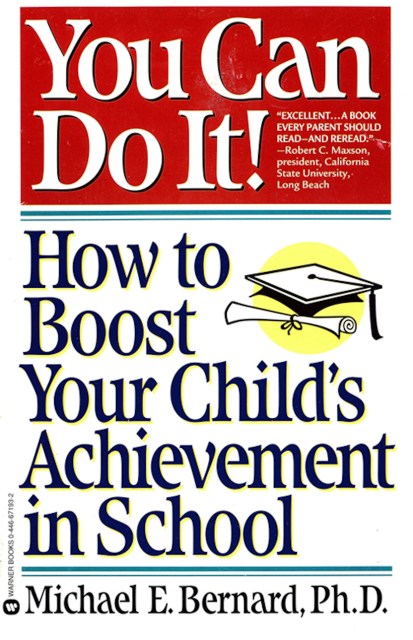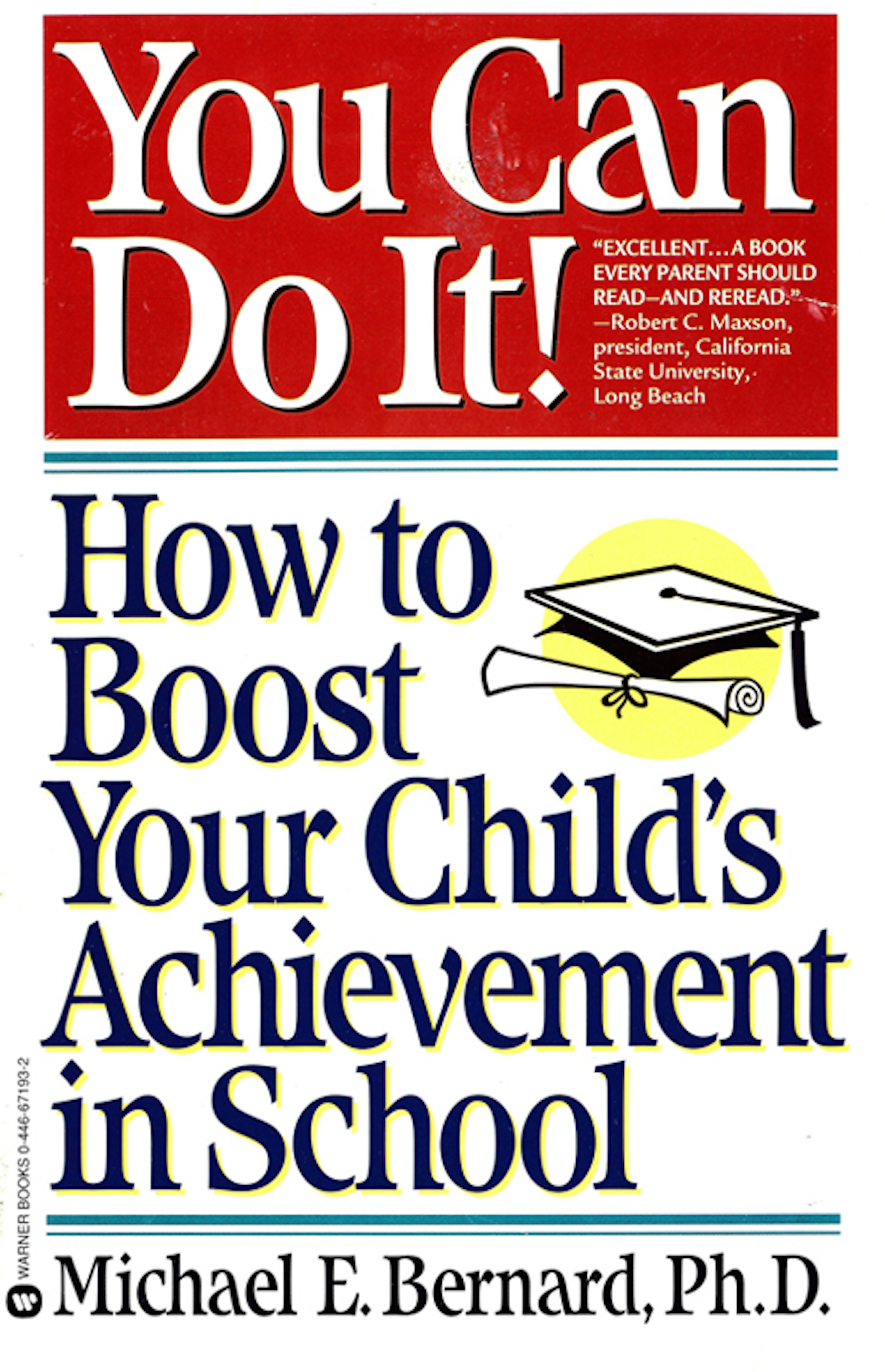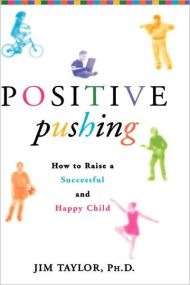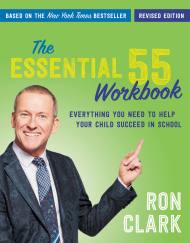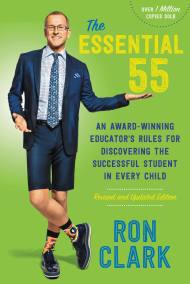By clicking “Accept,” you agree to the use of cookies and similar technologies on your device as set forth in our Cookie Policy and our Privacy Policy. Please note that certain cookies are essential for this website to function properly and do not require user consent to be deployed.
You Can Do It
How to Boost Your Child's Achievement in School
Contributors
Formats and Prices
- On Sale
- Nov 29, 2009
- Page Count
- 384 pages
- Publisher
- Grand Central Publishing
- ISBN-13
- 9780446569743
Price
$8.99Price
$11.99 CADFormat
Format:
ebook (Digital original) $8.99 $11.99 CADThis item is a preorder. Your payment method will be charged immediately, and the product is expected to ship on or around November 29, 2009. This date is subject to change due to shipping delays beyond our control.
Buy from Other Retailers:
California State University professor and educational psychologist Michael Bernard shows parents how to help their children succeed in school to the very best of their abilities. You Can Do It! reveals the various types of underachieving students, tells how to prevent problems before they start, explains which parenting techniques work and which don't, as well as what attitudes and motivational skills children need to learn.
Newsletter Signup
By clicking ‘Sign Up,’ I acknowledge that I have read and agree to Hachette Book Group’s Privacy Policy and Terms of Use
